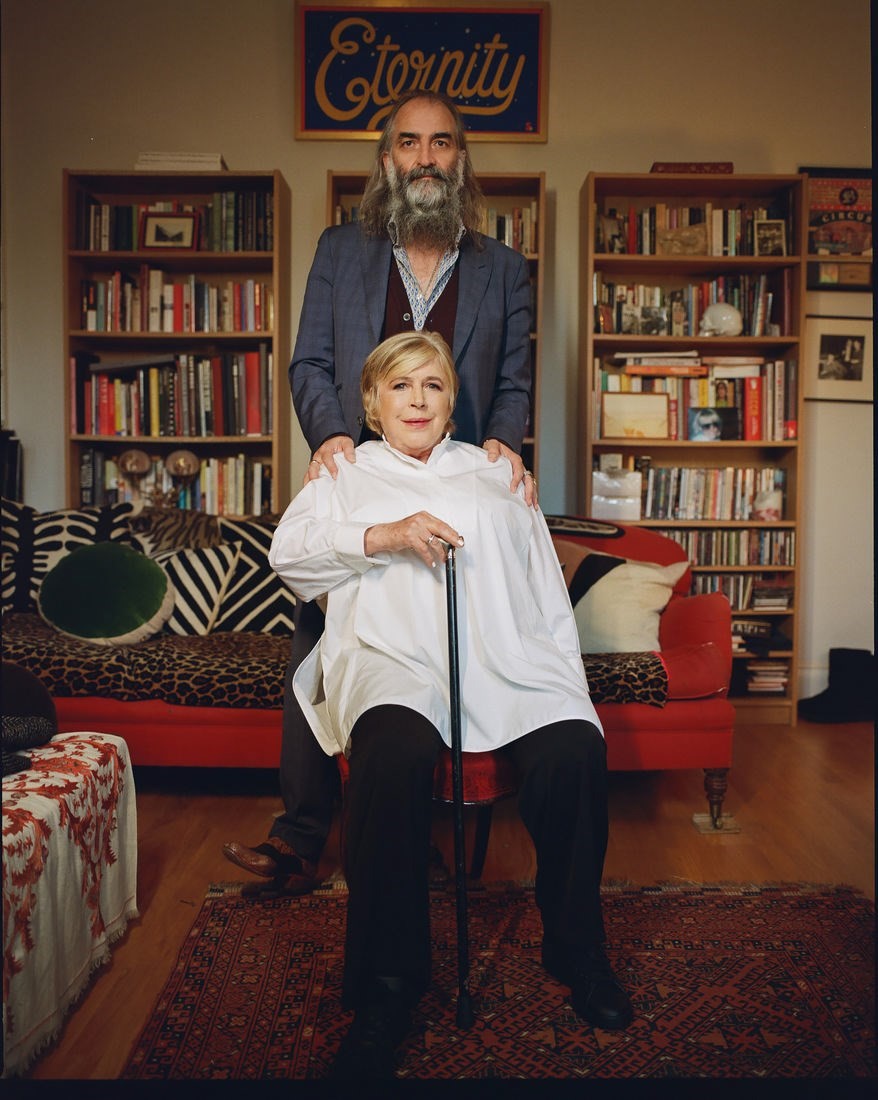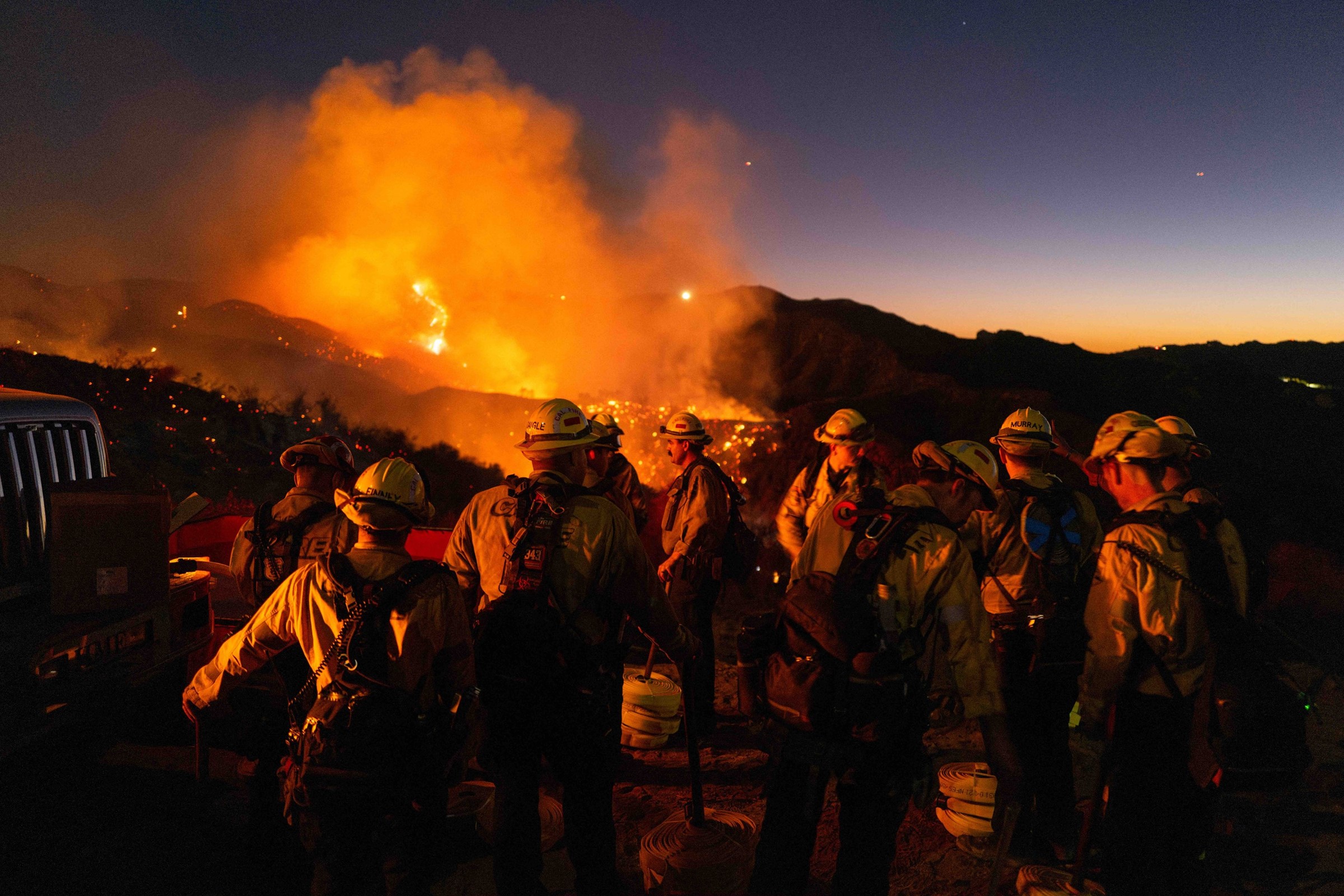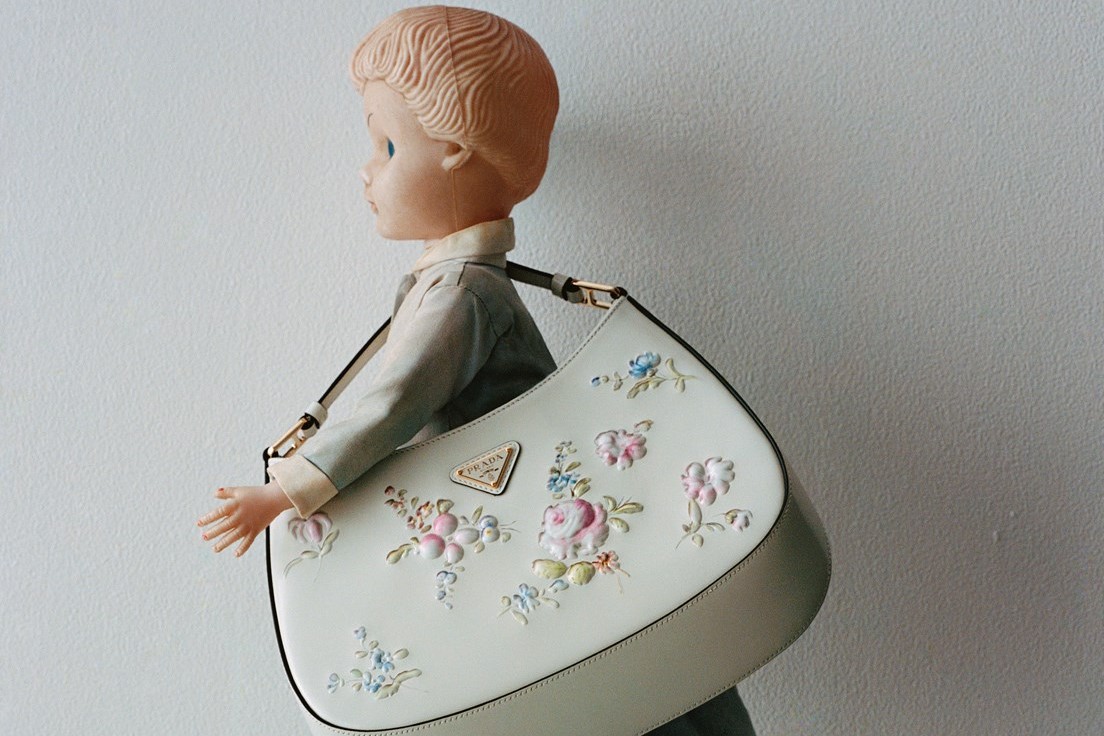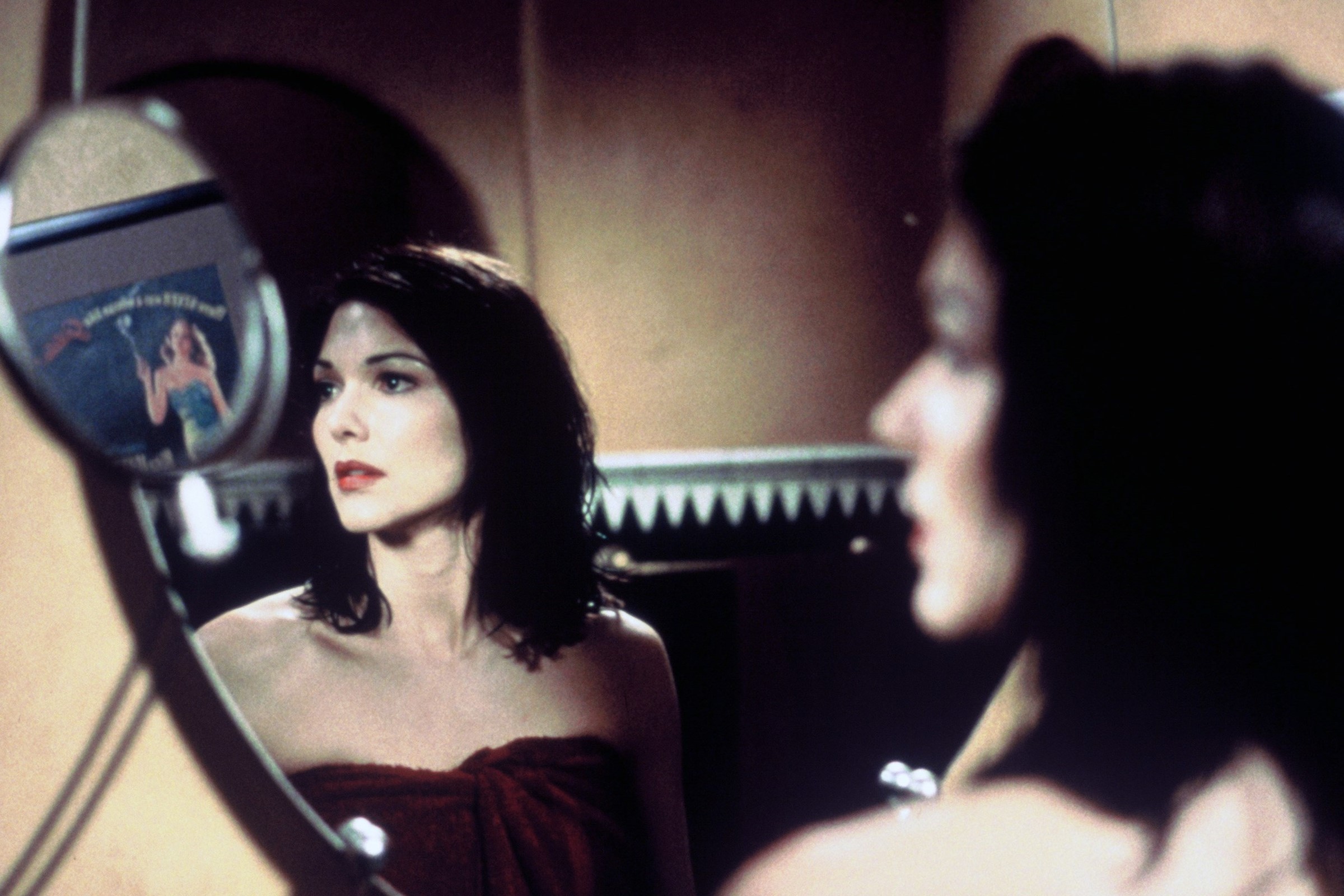“Darling … how are you?” says Marianne Faithfull, beaming like she hasn’t got a care in the world.
Her greeting is delivered with an almost comic wink. Because we both know that underneath that smile is the awareness that she shouldn’t be here talking to me at all.
Earlier this year the world came very close to losing Marianne. She was caught in the paralysing grip of Covid-19, rushed to intensive care and, given that she was 73 and was already suffering from acute emphysema, the doctors really didn’t hold out much hope. She now declares it “a miracle” that she got out alive.
Despite the incredible fatigue from her near-death experience, it is remarkable and slightly eerie that she managed to finish her 21st studio album, She Walks In Beauty. I wonder if she will be able to grace a stage any time soon, but she is as defiant as ever, saying she thinks she’ll be able to do short performances of the poems as soon as she recovers from this latest round of damage to her system.
Marianne has spent a lifetime defying the odds. I first met her in the early 00s when she was recording Kissing Time with a list of new indie icons straight out of the pages of Dazed & Confused: Beck, Blur, Billy Corgan, Jarvis Cocker, et al. The album – although not her finest – brims with 00s experimentation and confidence, and features a generation of artists paying their dues to the influence Marianne had on their work. Their involvement also abstracts her presence, transforming her into a candy-coloured, off-kilter and breathily sensual chanteuse (perfectly illustrated in the Nick Knight photograph that graced the cover).
You can imagine what effect a song such as The Ballad of Lucy Jordan, or albums like Broken English and the brilliant Strange Weather had on the psyche of these musicians when they were young boys. That has always been Marianne’s devastating counterpunch; the fact that she was both intensely bright and smoulderingly beautiful, initially planning to attend both university and drama school until Andrew Loog Oldham spotted her at a party for the Rolling Stones. The rest is a mix of history, heady fable and rock and roll legend.
All the world’s been a stage for Marianne Faithfull, not only an incredible singer, performer and actress, but also an utterly unsentimental raconteur. Just try reading her brilliant memoirs (now out of print) as told to David Dalton, which are a totally unfiltered experience of The Stones, the 60s, and the intense media speculation around her battles with drugs and recovery. Despite being written off by the industry, she kept bouncing back from multiple setbacks, becoming a spirited, sophisticated and wildly underappreciated artist; a revolutionary feminist foil to the might of the established boys’ club.
Her new album, She Walks in Beauty, is a collaborative project with the genius composer Warren Ellis, and an apt homage to her favourite poets from the Romantic period: Lord Byron, Percy Bysshe Shelley, John Keats, Thomas Hood, William Wordsworth, and Alfred Tennyson. These are poets she has read and re-read since she was a young girl, but now she recites their verses with a weight and inflection that twist, subvert and imbue them with a sense of her personal history and a strange contemporaneousness. Ellis brings his film-scoring skills to full effect, creating ambient atmospherics to hold the verse in a cinema of sound, adding depth, tension and texture. It is at times celestial and haunting, but mostly true to the awe and wonder of the language. Nick Cave plays piano; Vincent Segal adds cello and Brian Eno creates sound textures for some of the album score. “I didn’t think of them as songs,” says Ellis, “so I wasn’t locked into melodies or chords, and I could take incredible liberties. This music is me attempting to push forward and I think it’s as good as anything I’ve ever done … in terms of the spirit of it and the process I went through to make it.”
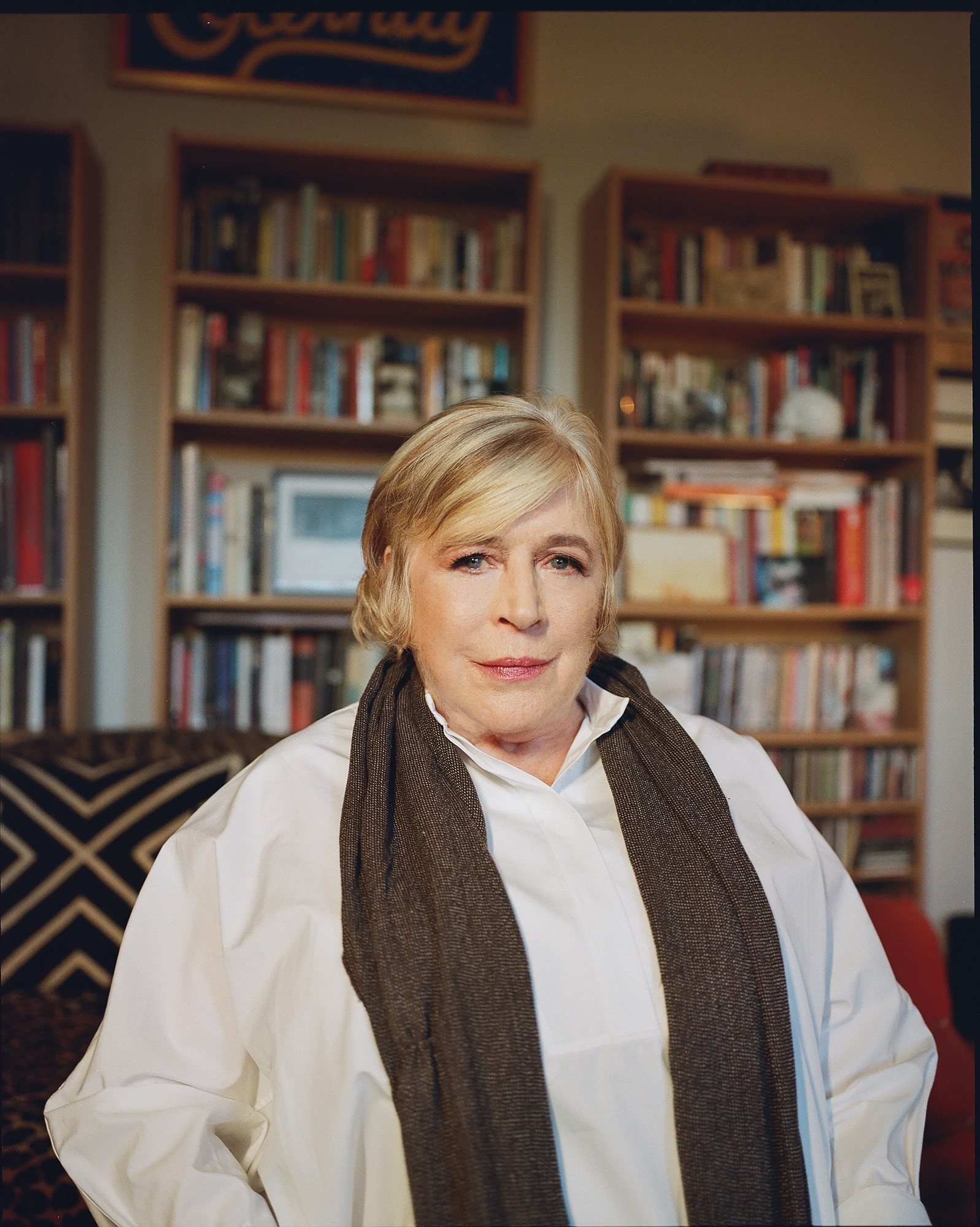
Jefferson Hack: How did you and Warren Ellis meet?
Marianne Faithfull: I don’t know exactly. He sort of drifted into my life like smoke, honestly. And Nick Cave too. Though Nick Cave was more tangible than Warren Ellis.
JH: What was the process of working together like?
MF: We really just put our blindfolds on and walked. What he told me was that, until he heard my reading of these poems, he didn’t really like them very much.
(Both laugh.).
JH: It’s great that you took this moment to really focus on something you could do during lockdown.
MF: It was really a good idea, because we’ve all now had the time and actually the inclination to let these words do their magic. When I was about 13, I don’t know why, I started buying books for myself and one of the books I found is called Palgrave’s Golden Treasury. I fell in love with these poets – Byron, Shelley, Keats, Wordsworth …
JH: … And I feel like you have been carrying these poets in your back pocket, for your whole life.
MF: I really have … I think that’s just real luck, actually.
JH: I know these are some of the greatest lyric poems ever written, but I think you too are a great lyricist, the way that you write verse, ballads …
MF: Well you know, because we’ve written together.
JH: I know! I have first-hand experience of seeing you work. Which was amazing. You’re so well read and have such great knowledge of poetry and literature and you have this ability to think mythologically – you write in the way that someone like Dylan writes.
MF: In his own way, maybe …
JH: … And you do it in a very pagan English way I think …
MF: … Yeah, but it’s also very Celtic, given that my father is Welsh. I have no English blood in me, none!
JH: Describe your father to me …
MF: My father was incredibly erudite, he gave me a really good education. I was always longing to take you to [Oxfordshire commune] Braziers Park, you would have loved it.
JH: Well I think that’s why you could hold your own with all of the rock and roll boys in the 60s, because you looked hot but you knew your stuff …
MF: … Well they didn’t expect that, did they?
JH: It was Allen Ginsberg who took you to the Savoy to meet Bob Dylan, wasn’t it? How did you know Allen?
MF: Through John Dunbar …
JH: Gotcha …
MF: And Indica [Books and Gallery] and all that …
JH: Which was then the epicentre of London cool.
MF: Yes it was.
JH: Did you see that new piece of footage that got released last week from the Pennebaker Estate of Joan Baez …
MF: … And me …
JH: … And you, and she’s singing As Tears Go By. It’s really sweet.
MF: It is. I don’t know why Bob wouldn’t let that be in the film. Very weird, I was very hurt by that at the time …
JH: In the clip he’s typing away on his manual typewriter. I remember you telling me a story about him writing a poem to you.
MF: He said he was, I really don’t know if it’s true. We don’t even know if it existed, but god bless him.
JH: Is it true that you wrote Sister Morphine when you hadn’t even tried heroin?
MF: Yeah.
JH: I find that absolutely remarkable.
MF: Well, it was just a very romantic idea to me at the time. The story behind Sister Morphine is really very good, and makes a lot of sense. A man is brought into the hospital, and he’s had a terrible accident, and he’s dying. And all he wants as he waits is morphine … The nurse comes round every, what, four hours with his drugs, and that’s what he wants. That’s what the song is built on.
JH: And was that a story you read … ?
MF: … No, I made it up!
JH: Amazing. There was a thing that I read once where you talked about meeting William Burroughs, who you’ve met a few times, and I think had quite a good relationship with?
MF: I did, I didn’t start off with a good relationship …
JH: A tough nut to crack I can imagine …
MF: Very, yeah. But as we went along, he began to get the point of me.
JH: Yeah, and you knew his work.
MF: I did.
JH: Did you tell him that Naked Lunch was the reason why you took drugs?
MF: Eventually I did.
(Both laugh.).
JH: How did he react?
MF: He was very cross. He said, “I didn’t write that for you, for you to get wrong.” He said, “You got it completely wrong!” I felt very humbled.
JH: I think Broken English is such a great record.
MF: Oh darling, that’s very nice of you …
JH: And to think that you made that after having been …
MF: Written off …
JH: Written off, literally.
MF: But there’s nothing like that to get me on my high horse. I really don’t like that, being written off, and that makes me really try harder.
JH: And I think there are a lot of incredible songs on it. Why’d Ya Do It, from a lyric point of view.
MF: Well I didn’t write that … That was written as a poem by Heathcote Williams. I knew him through Denny Cordell, and it was Denny who took me round to Heathcote’s, to get Heathcote to read Why’d Ya Do It.
JH: And did you ask him there and then if you could have it for the album?
MF: No, I didn’t know we were gonna make Broken English. I knew we were doing something, but I didn’t know what.
JH: And was Denny involved in the album?
MF: No, just in that. It’s like a key thing in the album that Denny Cordell took me to Heathcote’s and I came back with Why’d Ya Do It.
JH: Amazing …
MF: Isn’t it? I said, “Can I take this, and do with it what I want?” And Heathcote said, “Sure.”
JH: I love the album artwork for She Walks In Beauty.
MF: Well Colin Self was one of the artists at Indica.
JH: I didn’t know that. I love how it all goes back to that. You know, it’s kind of like a full circle. I was reading in your memoirs that you described As Tears Go By as “The Lady of Shallot sung to the tune of These Foolish Things”, which is so funny. And now all these years later The Lady of Shallot is the last song on your new album.
MF: I didn’t do that intentionally … But gosh, how great.
Marianne Faithfull’s new album She Walks In Beauty is released on 30 April 2021 on BMG. Available to pre-order from here.
